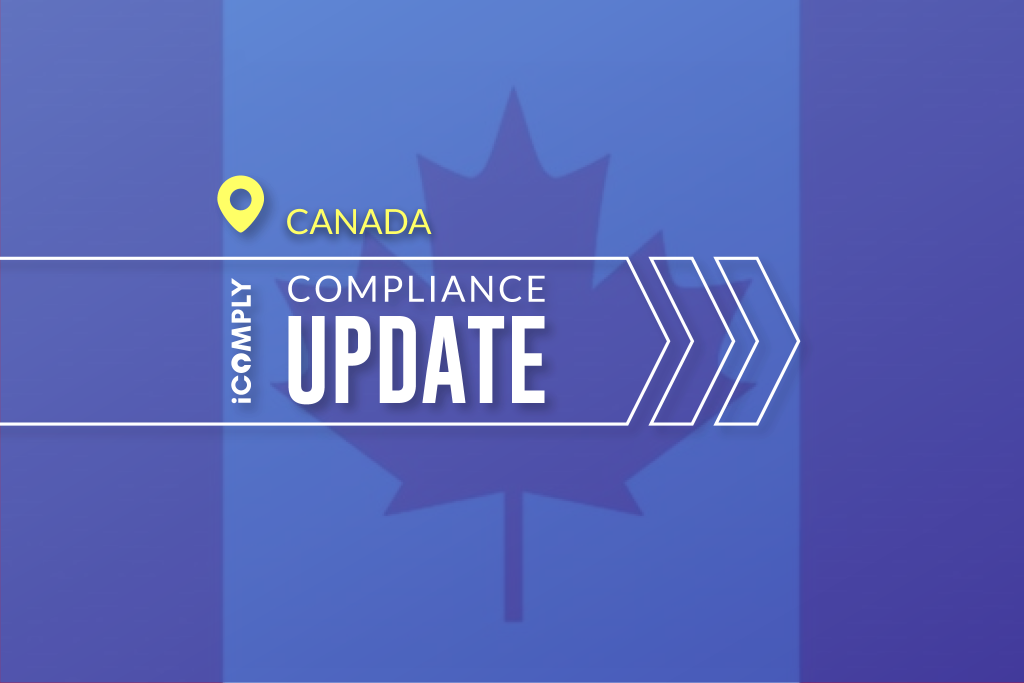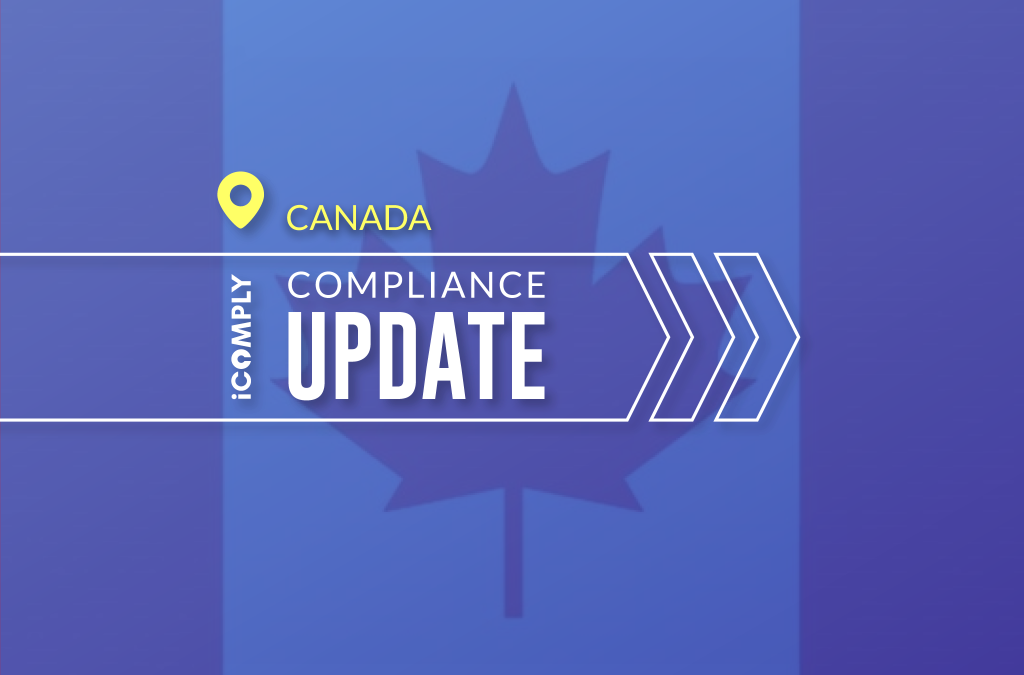Canadian Regulators Issue Warning for Halifax & Associates

Multiple Canadian regulators issued investor alerts against online trading platform Halifax & Associates for selling illegal securities
What Happened?
April 7, 2020: Manitoba, Nova Scotia, British Columbia, and other Canadian securities commissions have issued a warning that Denmark-based Halifax & Associates–claiming to be a cryptocurrency trading platform–has been defrauding Canadian investors. The Manitoba Securities Commission (MSC) claimed that a resident was scammed out of CAD$8,000, while the Nova Scotia Securities Commission (NSSC) notes that multiple investors in that province were defrauded.
Who Is Impacted?
Financial services providers targeting Canadian residents.
Why This Matters?
The Investor Alert helps Canadians assess the credibility of the firms they deal with, or intend to deal with. Investors who do not heed these warnings may be at risk of a total loss of capital–with no recourse for recovery–when dealing with fraudulent and unlicensed service providers operating outside of Canada’s regulatory oversight.
What’s Next?
By issuing the Investor Alert on Halifax & Associates, the NSSC has sent a clear message that these unlawful practices of promoting an unlicensed business can result in public enforcement. This alert could damage a company’s reputation in the public and create barriers to their future growth and development.
learn more
Is your AML compliance too expensive, time-consuming, or ineffective?
iComply enables financial services providers to reduce costs, risk, and complexity and improve staff capacity, effectiveness, and customer experience.
Request a demo today.
Corporate Due Diligence: Putting the KYB in KYC
Do you know who you’re doing business with? Corporate due diligence, Know Your Business (KYB), and Know Your Customer (KYC) protocols are essential safeguards against money laundering, fraud, and misappropriation of funds for criminal purposes. From onboarding new...
Uncovering the Risks of Synthetic Identities
Meet “Joe Smith”, your suspiciously-good-on-paper prospective client applying for a line of credit. While many of Joe’s details seem to be tied to real documents like a valid Social Insurance or Social Security Number (SIN/SNN), address, and (of course) a glowing...
Stepping Up Your AML Practices in 2023
As we ease into 2023 and reflect on the ever-evolving world of digital security, there’s no denying that fraudsters have become incredibly advanced in their approach—an estimated 90% of money laundering crimes still go undetected—making AML protocols more important...




